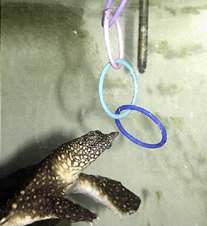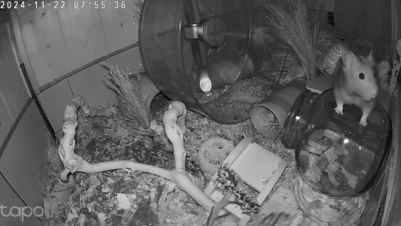A colleague emerged from his consulting room and hissed, “That border collie was more than double the weight she should be.”
It’s particularly sad when confronted with a case like this. Of the three collies I’ve owned and adored, not one has allowed me to forget for an instant the importance of physical stimulation to keep them fit. Yet here was an example, all too concrete, of one of Britain’s most athletic dogs, a victim of obesity.
Vets and vet nurses all recognise animal obesity as a form of abuse. It’s no less horrible than neglect or physical cruelty. We’re all familiar with the statistics (Table 1). And we can all list the risks of obesity-related issues:
- Pancreatitis
- Heart disease
- Diabetes mellitus
- Osteoarthritis and other joint illnesses
- Respiratory distress
Petplan reports that there are five main reasons for the obesity problem, which result from owner behaviour:
- Too much food
- Lack of exercise
- Ignorance of correct weight or shape
- Snacking
- Wrong food
So how do we reverse the trend of obesity? We can show clients weight charts and invite the client to return in four weeks’ time – having followed a strict dietary and exercise regime – for a free weight check. We can promote metabolic diets, advocate weighing meals, splitting meals, avoiding snacks and increasing exercise.
But how often is our advice falling on deaf ears? It’s incredible how many clients laugh at their pet’s weight problem, or fail to understand that they are accountable for compromising their animal’s health.
Many owners confess to being seduced by their pet’s beguiling exploits to gain food, or come up with excuses like ‘he’s always hungry’ or ‘he’s just big-boned’.
The big, brown eye yarn speaks more about the client’s sensibility than the pet’s allure: the client is allowing himself to be manipulated for the sake of reward: the pet looks sweet – the client rewards the pet – the pet rewards the client with a tail-wag/purr.
So, how do we persuade owners to get their pets fit? In some cases, it may be pertinent to remind the client that the RSPCA will remove a pet from ownership if a pet is morbidly obese (not just if it’s been starved or beaten); but it’s clear that a multi-modal approach is incumbent on veterinary professionals:
- Explain the risk of obesity-related disease and the benefits weight loss could have.
- Advise regular, repeat free weight checks.
- Maintain a weight chart on the patient’s notes, and show the client the changes.
- Give detailed, specific advice about food – how much, how often, what sort.
- Provide tailored daily exercise advice.
- Listen to the client’s limitations and consider these when working with them to formulate a plan.






